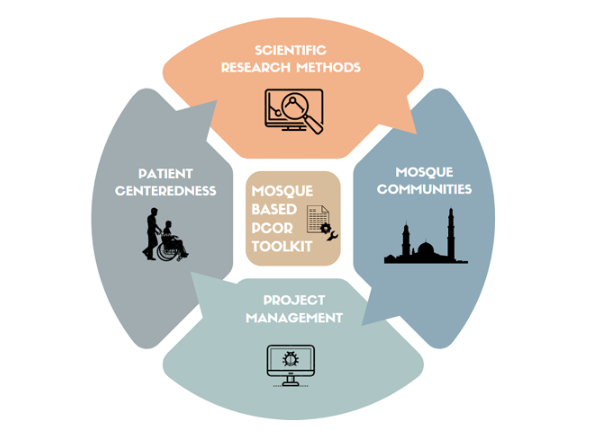Faith-Based Patient-Centered Outcomes Research (PCOR)
Putting patient voices at the heart of healthcare
Worry Free Community provides community health services in Glendale Heights and surrounding towns, offering care and support that are free or low-cost. Each program is designed to bridge health disparities and help residents access the resources they need for a healthier life.

What is PCOR?
Research driven by patients and caregivers
Patient-Centered Outcomes Research focuses on real-world questions — not just what treatments work, but what outcomes are most meaningful to patients and their families. This model, developed by the Patient-Centered Outcomes Research Institute (PCORI), shifts healthcare research from a provider-focused system to one guided by community priorities. By centering research on lived experience, PCOR helps ensure that findings lead to practical, patient-focused solutions.
Our approach
A framework for meaningful engagement
Our PCOR program follows a structured engagement model that includes patients, caregivers, clinicians, and faith leaders at every stage. We use a six-step project framework that aligns with proven Project Management principles to ensure quality, accountability, and ongoing communication. This method supports continuous improvement and lasting impact long after individual studies conclude.

Why it matters
From community engagement to impact
Worry Free Community’s faith-based model builds on decades of Community-Based Participatory Research (CBPR) while adding structure and measurement through PCOR standards. By combining scientific rigor with local collaboration, we ensure that research remains both evidence-based and culturally relevant. The result is a stronger connection between researchers and community members — and healthcare solutions that reflect the real needs of families.
The Mosque-Based PCOR Toolkit
Turning research into action
The Mosque-Based PCOR Toolkit offers researchers and community partners a guide for conducting culturally responsive, patient-centered studies. It integrates:
- Engagement rubrics that ensure meaningful participation
- PCORI methodological standards for quality and rigor
- Community Health Worker training to strengthen local health education
- Science of engagement studies to measure what works
Together, these tools help bridge the gap between research and community impact.
Using the following tools which allow WFC to engage with the community:
Understanding Faith-Based PCOR
How community-driven research supports better care
What is Faith-Based PCOR and why is it important?
Faith-Based Patient-Centered Outcomes Research (PCOR) brings together faith communities and healthcare partners to shape meaningful, inclusive approaches to health and wellness. The program empowers families, caregivers, and faith leaders to share their experiences, helping researchers understand what matters most in real-life care situations. This collaboration builds trust, improves relevance in healthcare research, and ensures that care solutions reflect the values and needs of diverse communities.
How does Faith-Based PCOR differ from other research models?
Traditional healthcare research often focuses on clinical outcomes alone, while Faith-Based PCOR emphasizes patient and community perspectives. It draws on the trust and relationships found within faith communities to engage people who might otherwise be overlooked in medical studies. By pairing evidence-based methods with spiritual and cultural understanding, the program helps create healthcare solutions that are both scientifically sound and socially connected.
Who participates in Faith-Based PCOR programs?
Participants include faith leaders, caregivers, healthcare providers, and community members across Chicagoland. Each group plays a role—faith leaders help build trust, caregivers provide lived experiences, and healthcare partners ensure that feedback informs real-world practice. Worry Free Community trains and supports participants so they can contribute meaningfully throughout each research phase.
How does this research benefit local families?
Families gain a stronger voice in the healthcare process and access to information that directly impacts their well-being. By engaging with faith-based PCOR programs, residents can learn about preventive care, share their experiences, and influence how future services are designed. The program also strengthens collaboration between local health systems, nonprofits, and community centers, extending the impact beyond individual research projects.
How can I get involved or support this work?
You can volunteer as a community ambassador, join an upcoming research session, or collaborate through your place of worship or organization. To learn more about Faith-Based PCOR opportunities or training programs, contact Worry Free Community in Glendale Heights. Together, we can help shape more equitable, culturally responsive healthcare across the region.

